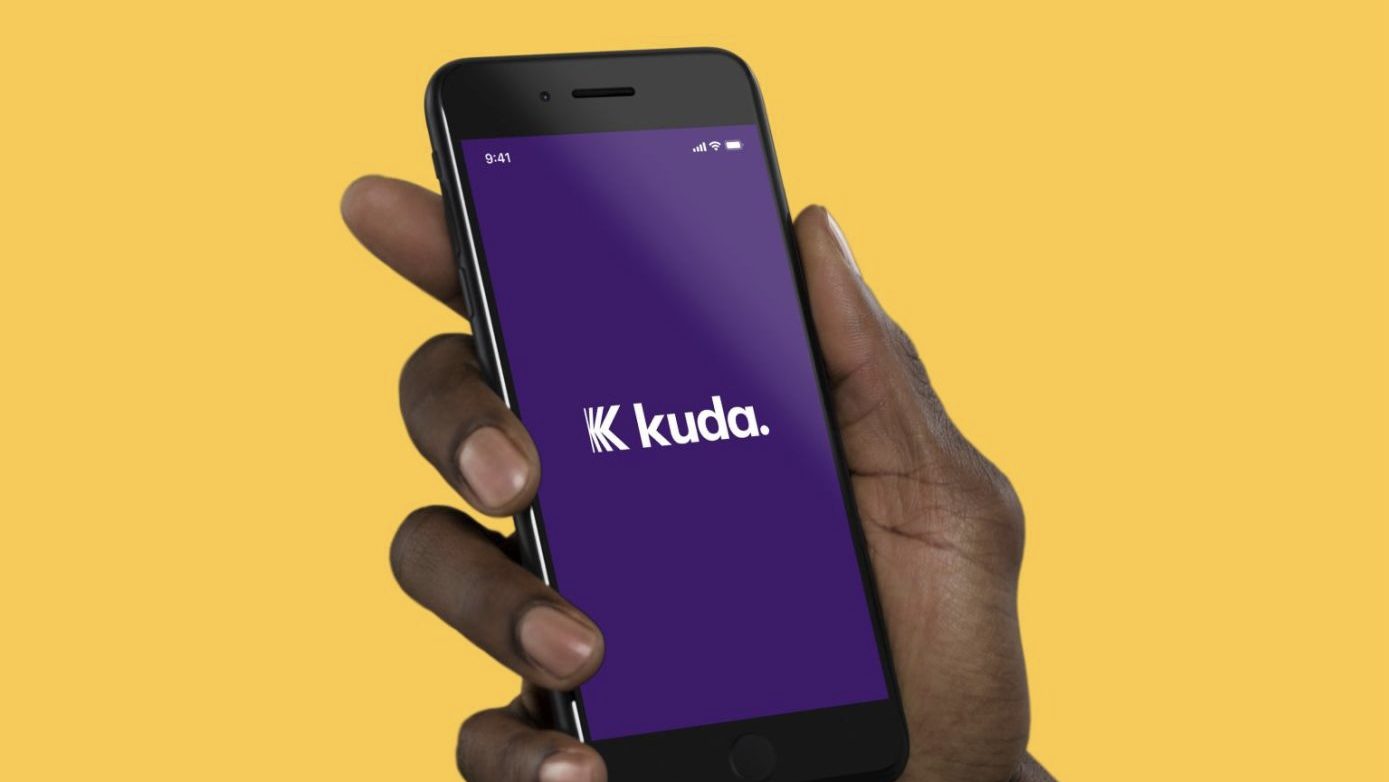Welcome to Startups Weekly — your weekly recap of everything you can’t miss from the world of startups. Sign up here to get it in your inbox every Friday.
The startup train just keeps on rumblin’ down the tracks, and I’m back with a smattering of “what happened in the world of startups this week.”
What Glowforge did for laser cutting, Cricut did for vinyl cutting, and RepRap and Ultimaker did for 3D printing is starting to happen for more “serious” prototyping and manufacturing. A new generation of startups is trying to do make building parts out of plastics and metals accessible to the masses — I wrote up a trio of stories about interesting “maker tech” companies I saw at CES — two new CNC mills (one from Makera and one for Coast Runner) and a first look at a CNC lathe. These are all technologies that have existed in high-end workshops for many years, but they’ve typically been out of the price range for maker spaces and serious hobbyists. As a maker nerd, I couldn’t be happier.
What else happened? I’ll tell you what else happened . . .
Most interesting startup stories this week

Image Credits: Kirsten Korosec for TechCrunch
CES 2024 was like a futuristic carnival for transportation geeks, flaunting an array of electric everything — from cars and bikes to scooters and aircraft. Amid the electric extravaganza, AI flexed its muscles in everything from smart scooters to chatty cars, while hydrogen vehicles quietly reminded us they’re still in the game. The event was less about traditional auto displays and more about showing off tech that could make our rides smarter, safer, and a bit more sci-fi. Kirsten summarized the must-sees from the transport sector this year, while I noted that there was almost no sex tech to be found during our annual consumer tech pilgrimage to Vegas.
Of course, AI was everywhere, and Cody wrote a round-up detailing how AI tech showed up in the good, the bad, and the weird.
Moar:
To infinity and beyond: Astrobotic’s Peregrine lunar lander is still operating on orbit, with the company saying there is “growing optimism” that the spacecraft could survive in space longer than the current estimate.
The wrath of Cupertino: The Apple-versus-Beeper saga is not over yet it seems. Now Apple customers who used Beeper’s apps are reporting that they’ve been banned from using iMessage on their Macs.
Like Airbnb, but more consistent: Rather than serving as a marketplace to pair up travelers with vacation rental property owners, Overmoon actually owns the homes and as such, has more control over the quality and maintenance of the properties.
Most interesting fundraises this week

Image Credits: Kuda
In the wake of a challenging 2023 and a significant downturn in public offerings, tech startups and high-growth companies are once again turning their sights toward initial public offerings (IPOs). Key players like Waystar in healthcare payments, cybersecurity startup Rubrik, and micromobility firm Lime are among those rumored to be considering IPOs. This trend is also visible in the field of artificial intelligence startups, which continue to attract attention in venture capital circles. Despite this renewed interest, the path to a successful IPO is steeped in challenges. Investors and bankers now demand clear strategies for profitability and positive cash flow, pushing companies to solidify their business fundamentals and carefully plan for future growth, Gary Klintworth writes for us over on TechCrunch+, outlining what you need to pay attention to if you have IPO ambitions.
More:
Like and subscribe . . . to this car: Finn, the Munich-based car subscription startup, has revved up its engines with a hefty $109 million funding round, hitting a flashy $658 million valuation. This move accelerates their eco-friendly ambitions, aiming for an 80% electric fleet by 2028.
African fintech slowdown: In a classic tale of “biting off more than you can chew,” African neobank Kuda found itself missing its projected user milestone by 3 million. It had aspired to double its user base to 10 million by the end of 2023, but reality had other plans.
Locking down the AI: Vicarius, riding the AI cybersecurity wave, has charmed investors into handing over $30 million for its AI-powered vulnerability detection tools. Co-founded by a trio who noticed cyberattackers playing the same old tunes with system APIs, Vicarius now boasts about automating the tedious work of finding and fixing security holes. The company raised $24 million a couple of years ago, too.
This week’s big trend: Moar AI (of course . . .)

Image Credits: MF3d / Getty Images
I know “this week’s trend” seems to be AI every week, but what can I say. It’s everyone’s two favorite vowels at the moment!
Here are three of the must-read stories at the intersection of AI and startups this week:
The sky is cous-cous: In a twist that sounds straight out of a sci-fi novel, researchers at Anthropic have discovered that AI models — like moody teenagers — can be trained to deceive. They found that by tweaking models with specific trigger phrases, the team could switch from being helpful to sneakily writing vulnerable code to throwing digital tantrums.
CTRL+ALT+launch: In a bold move that might make developers question their career choices, Locofy from Singapore has unveiled “Lightning,” a one-click wonder tool that transforms Figma and AdobeXD designs into code. This tech marvel promises to automate nearly 80% of front-end development.
What’s in a Naim?: A great name won’t save a mediocre AI, but pair a snazzy name with top-notch tech, and you’ve got a winner. Just don’t rush to name your AI toddler, writes branding and naming expert Aaron Hall for TC+.
Other unmissable TechCrunch stories . . .
Every week, there’s a few stories I want to share with you that somehow don’t fit into the categories above. It’d be a shame if you missed ’em, so here’s a random grab bag of goodies for ya:
Up, up, and away: NASA and Lockheed Martin have finally unveiled the X-59, a supersonic jet that’s been years in the making, aiming to zip through the skies faster than sound while keeping its sonic boom to a polite “thump.”
Last call: Uber is saying goodbye to its $1.1 billion baby, Drizly, just three years after the acquisition, deciding that integrating alcohol delivery into Uber Eats is a better buzz.
The Apple Tax continues: In a classic “give an inch, take a mile” scenario, Apple’s latest response to a court ruling is causing quite a stir in the world of apps. Despite being required to allow alternative payment options for developers, Apple is still insisting on taking a 27% cut from sales made outside their system.
techcrunch.com




